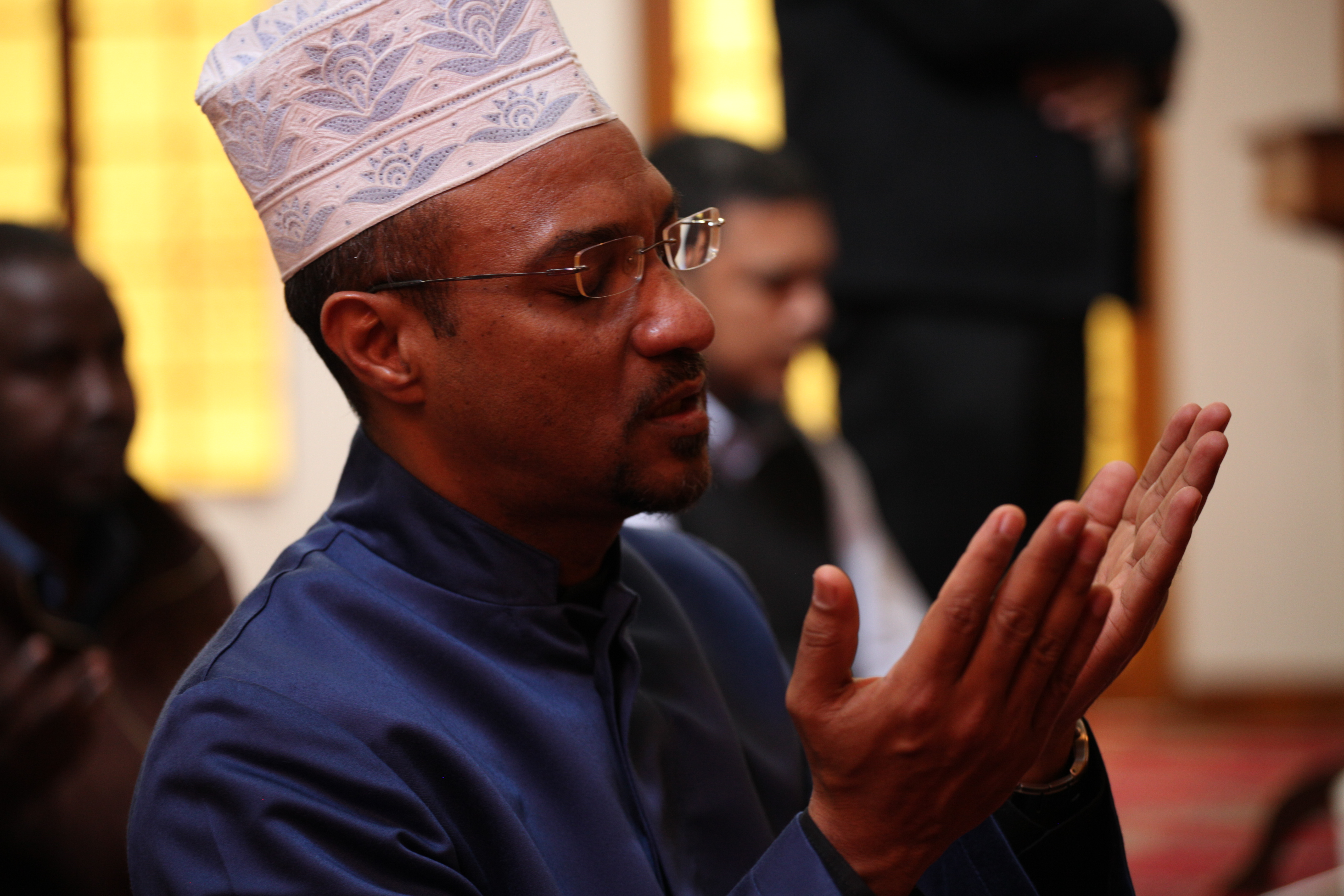March 21st is annually commemorated as Human Rights Day in post-Apartheid South Africa, in remembrance of the 1960 Sharpeville massacre in which the apartheid police force opened fire on a crowd of anti-pass law protesters, killing 69 and maiming 189. On Human Rights Day, we pay tribute to the Sharpeville martyrs and all those who sacrificed their lives for a non-racial and democratic South Africa.
But Human Rights Day also provides an opportunity to reflect on the never-ending struggle to affirm the dignity and rights of all human beings, both locally and abroad. Specifically for Muslims, it is a useful time to become familiar with the latest thinking on the longstanding and robust debate about the compatibility between “Islam and Human Rights.”
Beyond Essentializing
Neither Islam nor human rights can be essentialized. They are both complex entities subject to interpretation.
Even though the 1948 Universal Declaration of Human Rights remains the primary reference for defining what is meant by universal human rights, the concept of human rights remains open to different and conflicting interpretations in our pluralistic world. It is unfortunate, therefore, that with few exceptions debates almost always refer to international human rights as a monolithic and essentialized concept, rather than a concept that has been consistently reinterpreted in a transnational context.
Among Muslim scholars, the human rights debate runs the gamut from those scholars who denounce “human rights” as a sinister imposition of a particular set of Western values, to those that embrace it and work for an overlapping consensus between universal human rights and Islam.
The Ethical-Moral Foundations of Human Rights
One of the major problems with many Muslim studies is that they largely approach the compatibility between human rights and Islam from the point of view of shari’a defined narrowly as a legal framework, rather than considering how universal human rights resonate with the moral and ethical foundations of Islam.
One of the few Muslim scholars who has not restricted himself to looking at human rights from a juristic perspective is Abdulaziz Sachedina. Sachedina is primarily interested in identifying the ethical-moral foundations on which human rights may be understood in Islam. In his book, Islam and the Challenge of Human Rights (2009), Sachedina suggests that the cross-cultural discourse on human rights should be rooted in the concept of human dignity (karamat al-insan). He argues that the concept of human dignity is at the core of the ethical-moral worldview of Islam.
Sachedina cites the most primary source of Islamic guidance, the Glorious Quran, to argue that dignity has been bestowed on all humans (karamat al-insan) because of their “human-ness,” rather than their belief in Islam. That is, every human being is afforded dignity because of his/her human personhood, irrespective of religious beliefs. He bases this claim on Sura al-Isra’, chapter 17 verse 70:
“We have honored (all) the children of Adam with innate dignity (karam); and provided them with transportation on both land and sea; and given them sustenance from the good and pure things in life; and favored them far above most of those We have created.”
From this Qur’anic perspective, living human life with dignity for all should be the primary objective of human rights advocacy. In our understanding, human rights comprises all rights, from the personal to the political. These rights rest on the innate dignity of all human beings, and they enable all human beings to live their lives with full dignity. In other words, the denial of anyone’s human rights constitutes a violation of their human dignity and thus contravenes a core teaching of Islam. From this understanding of Islam, every human life, Muslim or non-Muslim, male or female, adult or child, rich or poor, has exactly the same intrinsic worth, and should therefore be afforded exactly the same human rights.
Furthermore, I would argue that the Qur’anic concept of human dignity in fact goes beyond the materialistic realm to include the metaphysical. This distinctive Islamic concept of human dignity is best illustrated in Surah Al-Sajdah, chapter 32, verse 9, which reads:
“[God] fashioned [the human being] in due proportion, and breathed into him something of His spirit (wa nafakha fihi min ruhi). Then He endowed you with [the faculties of] hearing and sight and feeling [and understanding]: but little thanks do you give!”
This well-known Qur’anic injunction once again illuminates the egalitarian ethic of Islam. This powerful ethic obliges Muslims to look upon each and every human being—whatever their professed beliefs—as carrying within her or him, the breath of God. Thus the denial of human rights to anyone not only constitutes a violation of human dignity but is ultimately an affront to God.
Drawing on the primary source of Islamic guidance, the Glorious Qur’an, the concept of human rights may thus be unequivocally interpreted as the honoring and protection of the dignity bestowed on all human beings, without prejudice or discrimination.
The Centrality of Human Dignity
In conclusion, a Muslim discourse on human rights needs to foreground the concept of human dignity, which is central to the ethical-moral worldview of Islam. It is this consonance between Islam and human rights through “human dignity” that needs to be highlighted by Muslim scholars and activists in their efforts to develop a meaningful Muslim human rights discourse.
It is fortuitous that the African National Congress’s theme for this year’s human rights celebration is: “Working together to protect human dignity for all.” This theme resonates well with the Islamic concept we have articulated. It is in this spirit that we support the call from the ANC-led government for this year’s celebrations to be “a call to unite in the protection of human rights for people’s dignity.”
On this Human Rights day we ask God, the Sublime, to help us to protect our human dignity and rights, and, with the same vigor and determination, to defend the human dignity and human rights of others.


One thought on “Human Dignity: the Foundation of Human Rights”